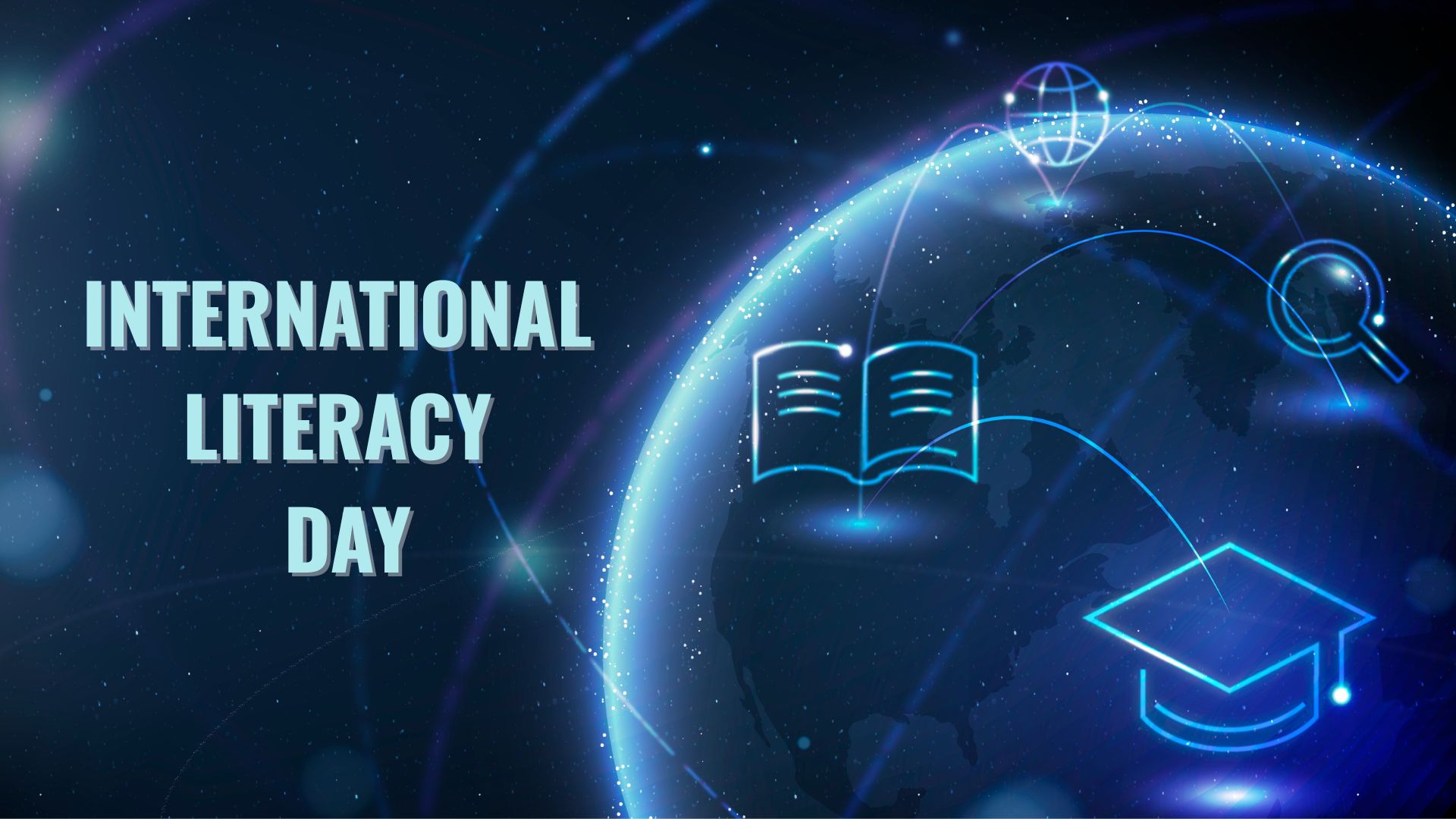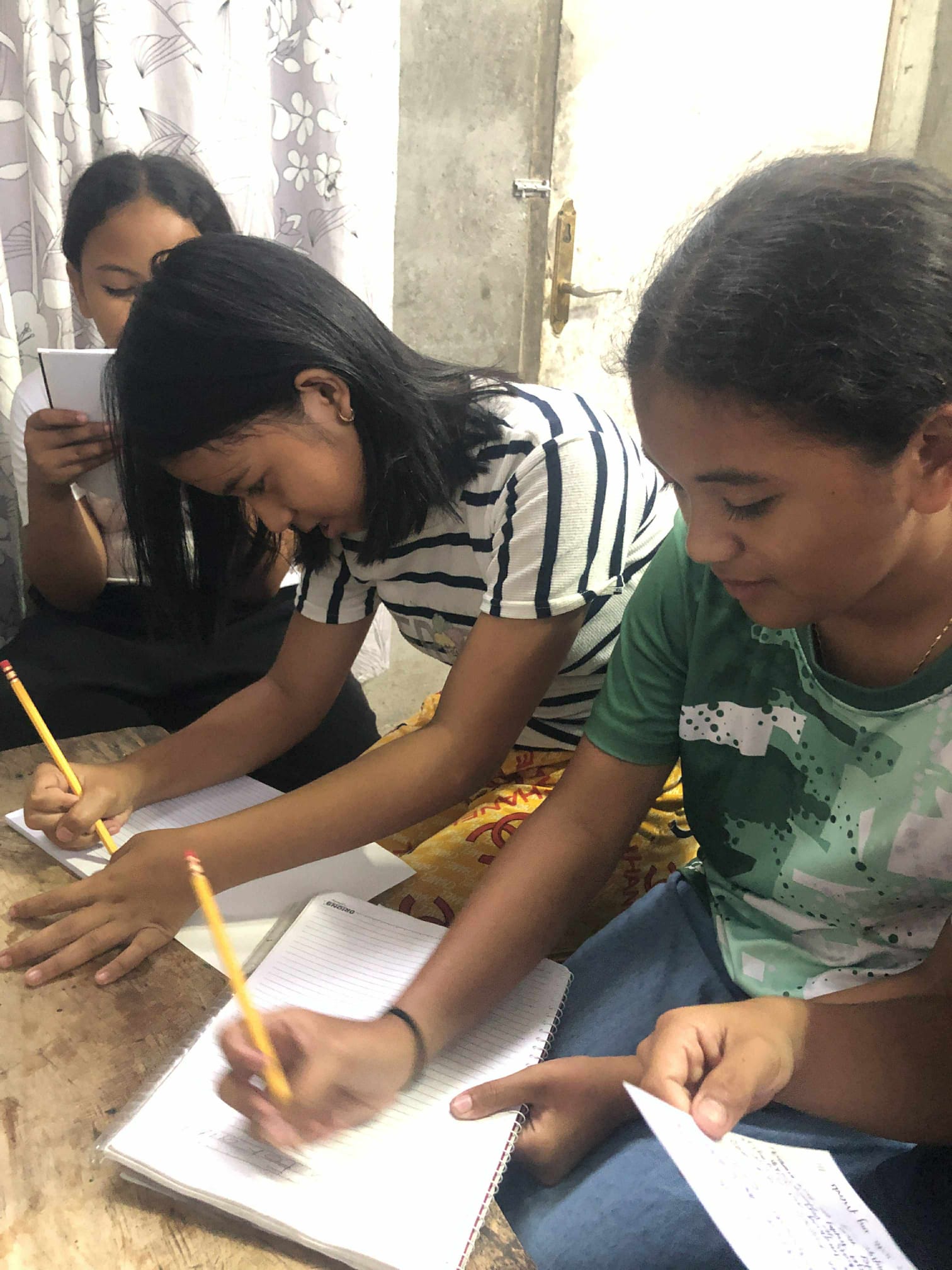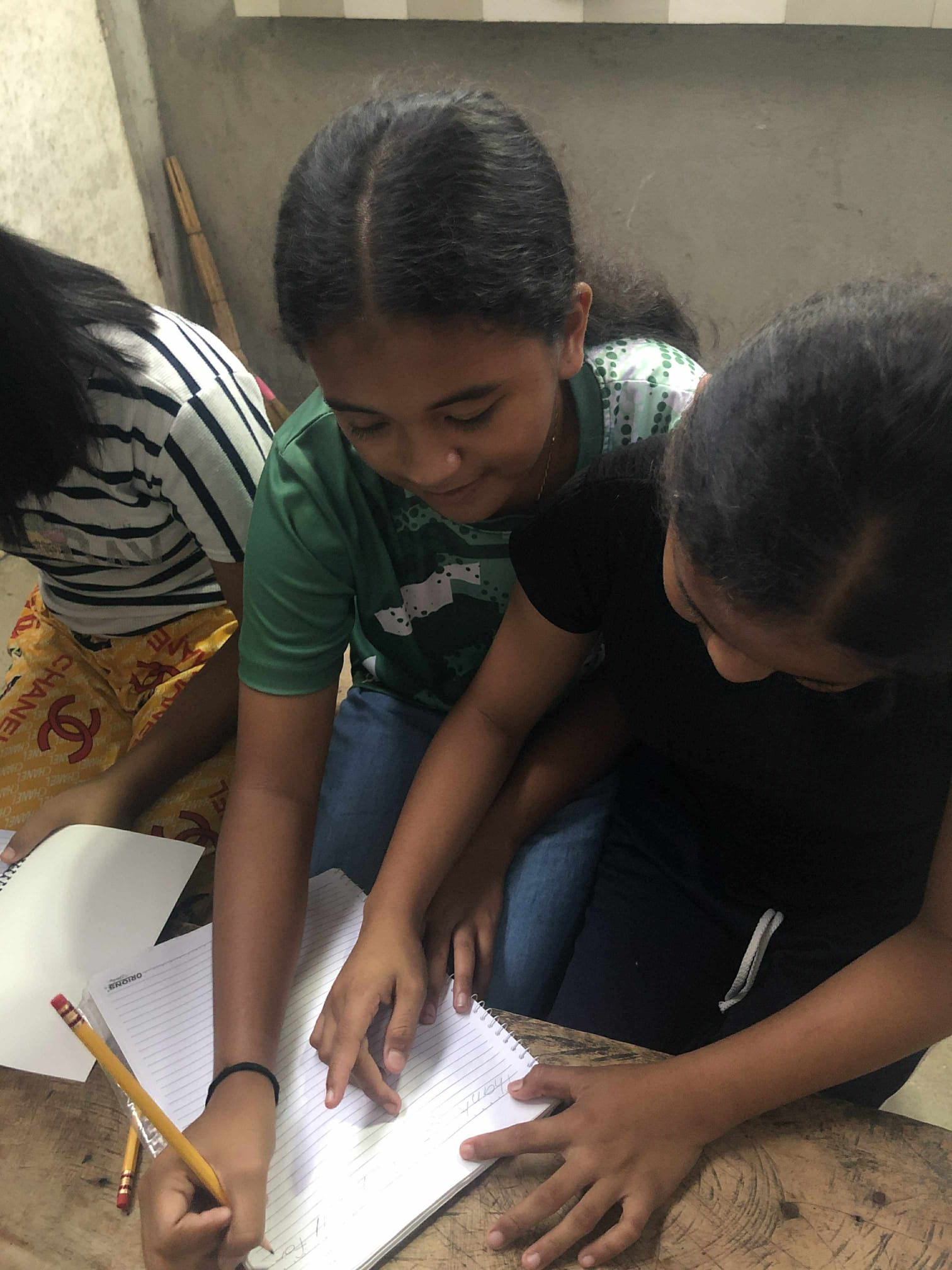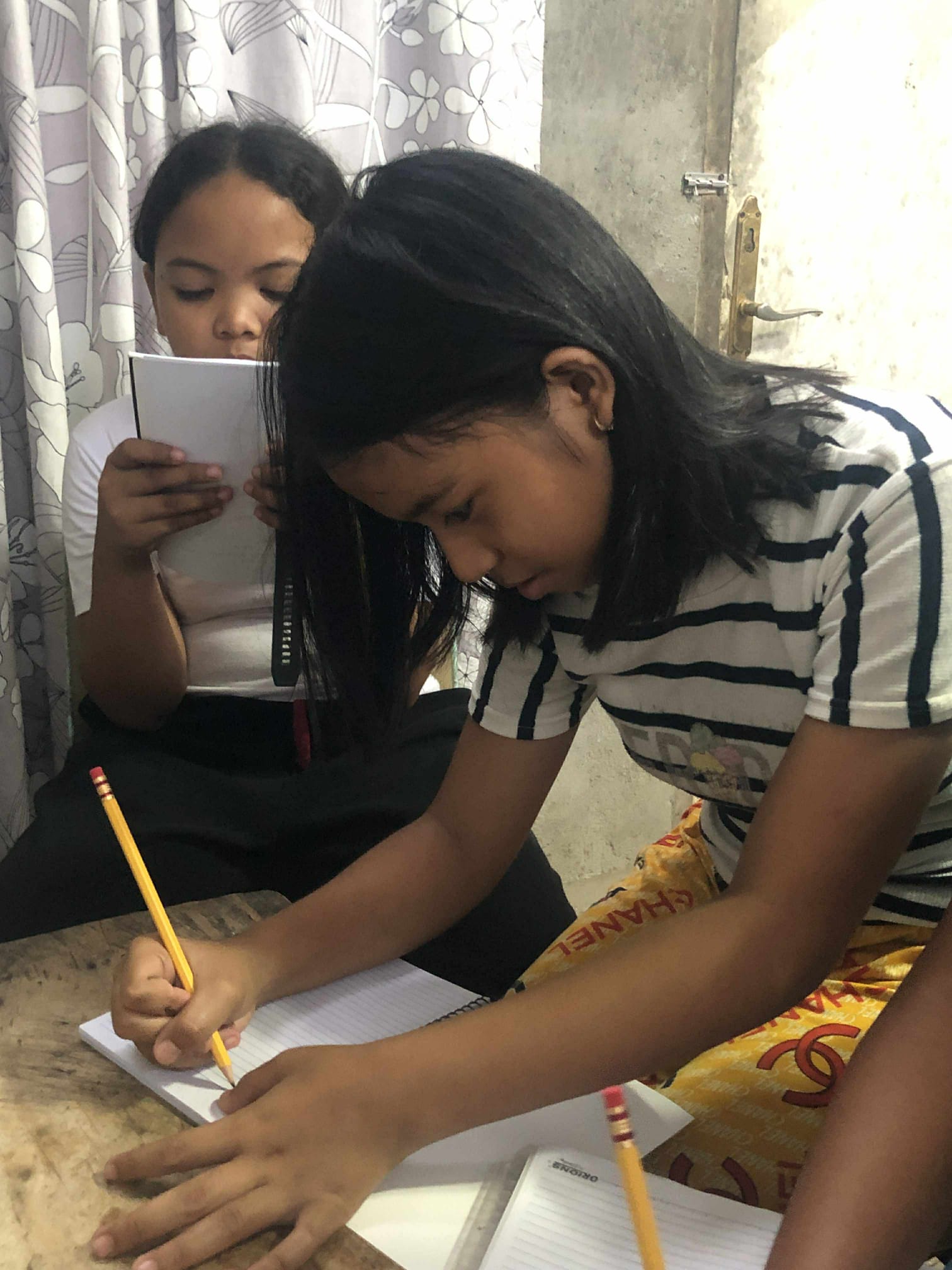
International Literacy Day 2025
The 8th of September commemorates United Nations International Literacy Day (ILD) which was established in 1966 to draw attention to a fundamental right, that is, the ability to read, write, and access knowledge. Today, however, the word “literacy” also refers to the capacity to access online information, understand it, evaluate it critically, and use it responsibly. UNESCO emphasizes that: “Literacy is a key to making transformation inclusive, sustainable, relevant, and meaningful. Beyond reading and writing on paper, literacy in the digital age allows people to access, understand, evaluate, create, communicate, and interact with digital content in a safe and appropriate way. Literacy is also key to promoting critical thinking, distinguishing credible information, and navigating complex information environments.”
The 2025 ILD theme: “Promoting literacy in the digital age” focuses on a crucial challenge of our time. In an increasingly connected world, the ability to use technology is not just a useful skill, but an essential condition for personal growth, for actively engaging in society to build a more inclusive and communities.
On the one hand, digitalization opens new opportunities for learning and can broaden the horizons of vulnerable groups; on the other hand, it risks creating a “double marginalization: exclusion not only from traditional learning, but also from the benefits of the digital age.”
UNESCO figures clearly reveal the urgency of the issue: worldwide, there are still 754 million illiterate adults (aged over 15), two-thirds of whom are women; around 250 million children lack basic literacy skills, and another 75 million minors either do not attend school, attend irregularly, or have dropped out.
Considering these figures, the fight against illiteracy remains a priority in achieving Sustainable Development Goal (SDG) no. 4, which aims to ensure quality education for all. Nevertheless, digitalization also raises delicate issues: the protection of privacy, safeguarding personal data, risks of digital surveillance, reinforcement of prejudice, the ethics of information, the danger of passive content consumption, and even the environmental impact of technology.
In this context, it is not surprising that several organizations have placed the right to education at the heart of their mission. The Human Rights Office of the International Institute of Mary Help of Christians (IIMA), based in Geneva, has always been committed to promoting the right to education, convinced that every person carries within themselves dignity and potential to become a protagonist of social change.
A Story of Hope
International Literacy Day provides an opportunity as well to celebrate the progress achieved and to share experiences of positive transformation. One such story comes from the Aeta, an indigenous community in the Philippines. Thanks to the support of ACTS Singapore and the educational project promoted by the IIMA local partners, the Maria Ausiliatrice Community in Pampanga, nine young Aeta received scholarships that enabled them to complete their tertiary education. Through commitment and dedication, they succeeded in realizing their goals: three pursued careers as teachers, three as social workers, and three became police officers.
Their achievements have inspired optimism within the community and encouraged Aeta children and youth to dream and strive to reach it by investing in education. Their story demonstrate that education has the power to break the cycle of poverty, exclusion, and prejudice. Increasingly, young Aeta recognize education not only as a right, but also as a pathway to building their own future. The journey of these nine students shows that, when young people are encouraged, supported, and given opportunities, they can aspire beyond their limits and transform the prospects of an entire community. This concrete story helps us better understand why, every year, the international community is committed to highlighting the universal value of literacy.
Literacy, thus, must be protected and valued, as it is recognized as a common good and a fundamental human right. To make this possible, appropriate policies and a synergistic collaboration between public institutions, civil society, and the private sector are needed. Only through a shared commitment will it be possible to build fairer, more inclusive, and more sustainable communities, where education can truly be the key to a better future for all.




